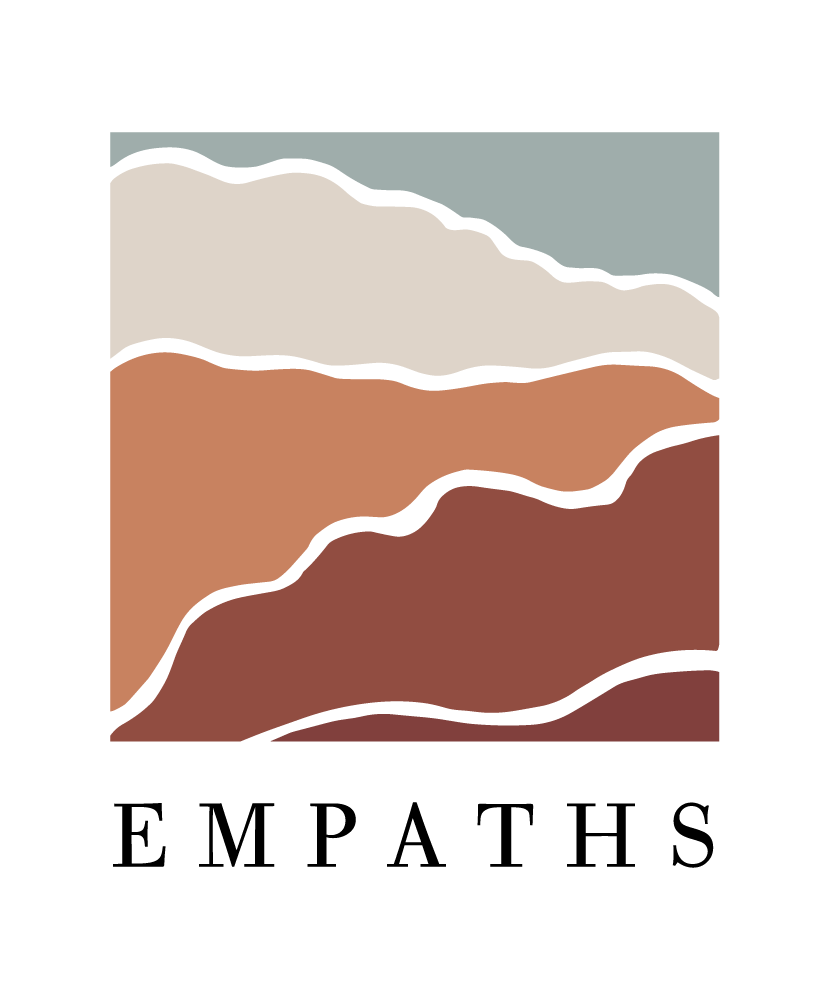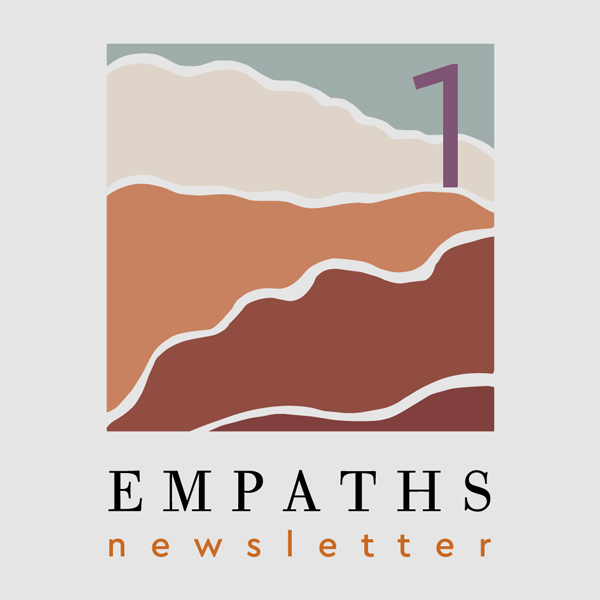The EMPATHS project (EMpowering landscapes with Participatory Approaches To Heritage interpretation Skills), funded by the Erasmus+ programme, is excited to announce the publication of its first major milestone – the EMPATHS Baseline report. This foundational document provides a comprehensive overview of the current practices, challenges, and opportunities in the field of participatory heritage interpretation, serving as a critical resource for heritage professionals, community leaders, and cultural organisations.
Why a Baseline Report?
As the first step in the EMPATHS project, this baseline report lays the groundwork for developing a new methodological framework that empowers heritage professionals to engage more effectively with local communities. It reflects the core philosophy of the EMPATHS initiative – that heritage is a shared, living resource best understood and interpreted through the active participation of the people who interact with it.
The report, authored by Carmen Granito and Caterina De Vivo from The Story Behind (Italy), draws on extensive desk research and case studies from around the world. It examines the state of participatory heritage interpretation across diverse cultural and geographic contexts, highlighting key trends, best practices, and areas for improvement.
Key Findings from the Baseline
The EMPATHS Baseline reveals that while participatory approaches are increasingly being integrated into heritage interpretation, significant challenges remain. Key findings include:
- A gap in structured competences for participatory approaches among heritage professionals.
- The need to move from expert-led, top-down interpretation models to more community-centred, collaborative approaches.
- The importance of training and capacity building to empower local voices in the interpretation process.
- Examples of successful participatory projects, such as those contributed by project partners, including the Heritage Management Organisation (Greece), Interpret Europe (Germany), PaFleg (Italy), and EMT (Greece).
Looking Ahead – Building a New Framework for Heritage Interpretation
The EMPATHS Baseline sets the stage for the next phase of the project, which will involve developing a comprehensive methodological framework for participatory heritage interpretation. This framework will aim to bridge the gap in skills and knowledge, helping heritage professionals create more inclusive, locally relevant interpretive strategies that reflect the diverse voices of their communities.
About the EMPATHS Consortium
The EMPATHS project is driven by a diverse consortium of leading heritage organisations, including:
- The Story Behind (Italy) – Lead author of the baseline study, providing critical research and analysis.
- Interpret Europe (Germany) – Known for its pioneering work in heritage interpretation training.
- PaFleg (Italy) – Experts in archaeological and cultural heritage management.
- Heritage Management Organisation (Greece) – Contributors to significant participatory projects like “The postman’s road: Connecting Gorges” in Greece and “HerMaP Gambia” in The Gambia.
- EMT (Greece) – Focused on integrating education and heritage interpretation to foster community engagement.
- Karawanken-Karavanke UNESCO Global Geopark (Austria and Slovenia) – Known for its cross-border heritage and geodiversity, this geopark promotes sustainable development and environmental education through heritage interpretation.
To download the EMPATHS Baseline, visit Project Result page.
Stay tuned as we continue to share insights, case studies, and updates on this exciting journey towards a more inclusive and community-focused future for heritage interpretation.









